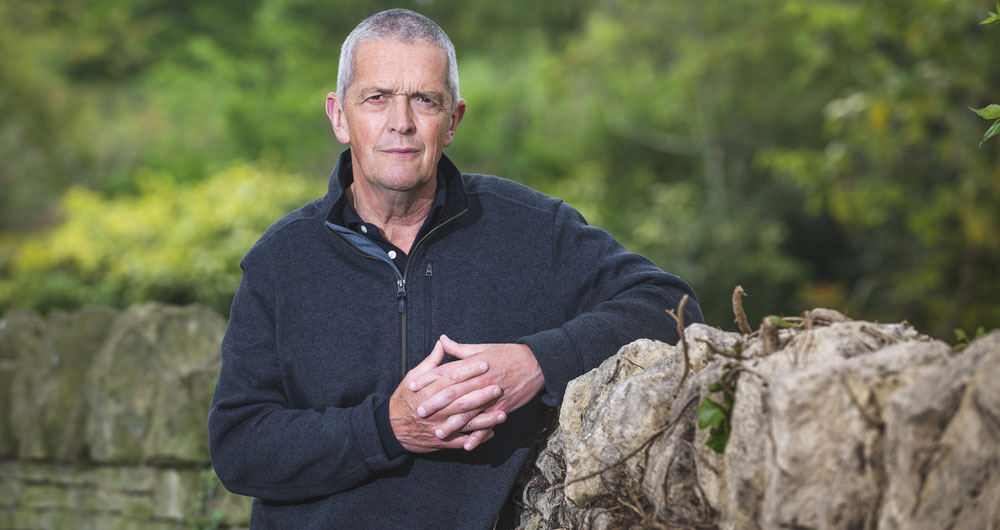NFU Deputy President Guy Smith said: “The NFU is keen that there is a smooth transition to future farm support post-Brexit but we agree with the NAO’s findings that timescales are incredibly tight to develop a successful scheme.
“There are many issues that need to be worked through to have new environmental land management pilots starting in 2021. During the transition to ELMs it is important that all farmers can access agri-environment schemes and support is available to help farmers improve productivity.
“We want to see improvements to the current Countryside Stewardship offer that has been plagued with issues, creating barriers to uptake.
“Any new ELMs scheme must be simple and straightforward and have farming at its heart. It must be accessible to all farmers and farm types across the country, allowing them to choose what they want to deliver on, whether that be improvements to soil, air or water quality, enhancing our natural capital, as well as wildlife.
“The NFU is continuing to work with Defra on the scheme’s development and we will monitor the tests and trials to consider what type of advice and guidance is needed.”
What's in the report?
The NAO recommends that Defra gets a plan in place with realistic timescales, that has sufficient flexibility to allow changes to be made as more is learned about how farmers react to the new farming policy. It should extend participation in its pilots to a wider range of farmers and land managers to test their willingness and ability to participate in ELMS and determine the level of ELMS take-up it needs to justify investment in its design and development. More details on the NAO report can be found here.
What does Defra say will be supported under ELMs?
Clean air and clean and plentiful water
e.g. reducing ammonia emissions or soil erosion
Biodiverse and thriving habitats for wildlife
e.g. maintaining hedgerows, nectar plots for pollinators or food sources for farmland birds
Reducing flood risk
e.g. planting trees and hedges
Preventing climate change
e.g. through peatland restoration which protects the existing carbon store and reduces emissions of CO2
Improved public access to our countryside
e.g. replacing access structures such as gates
Healthy plants and trees
e.g. measures which reduce the risk of the introduction and spread of harmful plant pests and diseases
Protecting the iconic features of our countryside
e.g. maintaining dry-stone walls or other historic features
What won't be supported?
Producing nutritious food to high standards is not considered a ‘public good’ in itself, because farmers get a market return for it. However, the NFU is campaigning hard as the Agriculture Bill moves through parliament to ensure it has food production at its heart.
More from NFUonline:
